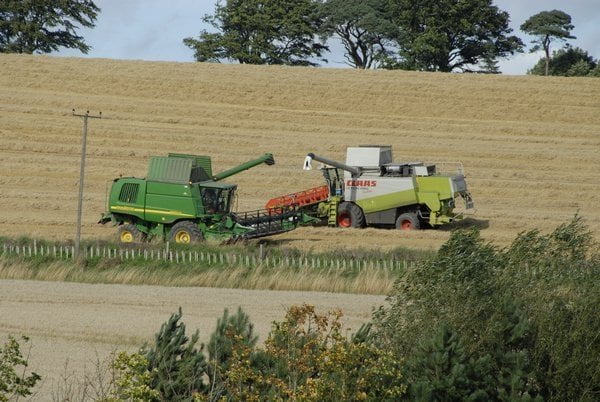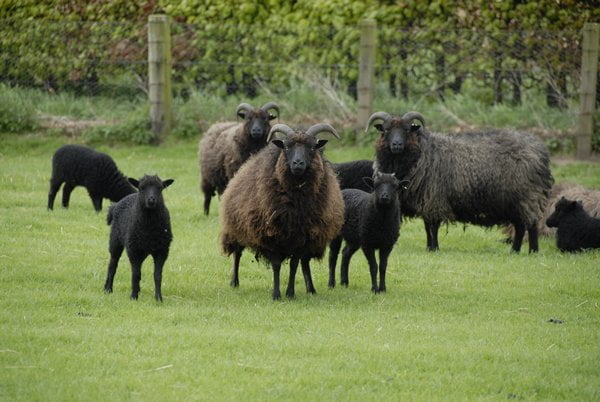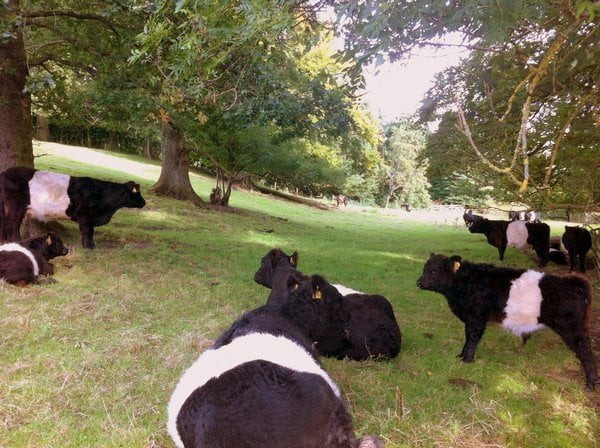
Up until the early 20th Century farming was a very labour intensive industry employing mainly shepherds and farm labourers. Shepherds were part of the resident community of Ford and Etal whereas the farm labourers were either single men (‘hinds’) or married men hired with their wives (‘bondagers’) on an annual basis to work the land in return for accommodation and a small wage.
With advances in technology over the last 40 years, farm machinery has become more sophisticated bringing about a steady decline in numbers of farm workers. However, this has led to new uses for redundant farm buildings and farm cottages being let to private tenants.
Today there are some 35 farms on the estate the majority of which are rented out to tenant farmers whose businesses revolve around growing traditional crops, like barley (for the brewing and distilling industries), and raising livestock for meat production. This area of north Northumberland has an annual rainfall of only about 600mm (25inches) so that irrigation of potato and carrot fields, grown for local supermarkets, is sometimes necessary.


switch website